No-Till Farming in the Maghreb Region Enhancing Agricultural Productivity and Sequestrating Carbon in Soils

Authors:
In the Maghreb region, productivity of rainfed and irrigated crops has been threatened due to social
and technological constraints, water scarcity, low and variable rainfall, reduced soil fertility and
quality, and improper agricultural management. Consequently, complex links between food insecurity
and environmental, climatic, social, and economic factors are increasingly being manifested.
Hence, it is important for sustainable intensification of agriculture production systems to feed the
growing population in the region, and it is now at the top of the agenda of policy makers. Sustainable
intensification involves increasing the productivity of agriculture while minimizing any negative
economic, social, or environmental consequences (The Montpellier Panel, 2013). The critical component
of this pathway is the utilization of the existing land to produce greater yields, better nutrition,
and higher net incomes for farmers while reducing over reliance on pesticides and fertilizers
and lowering emissions of harmful greenhouse gases or GHGs (Godfray et al. 2010). In this regard,
like in other regions of the world, the Maghreb is implementing obligations related to most conventions,
protocols, and principles to which it is committed including the 2015 Paris Agreement and
the Sustainable Development Goals (SDGs) of the United Nations.
